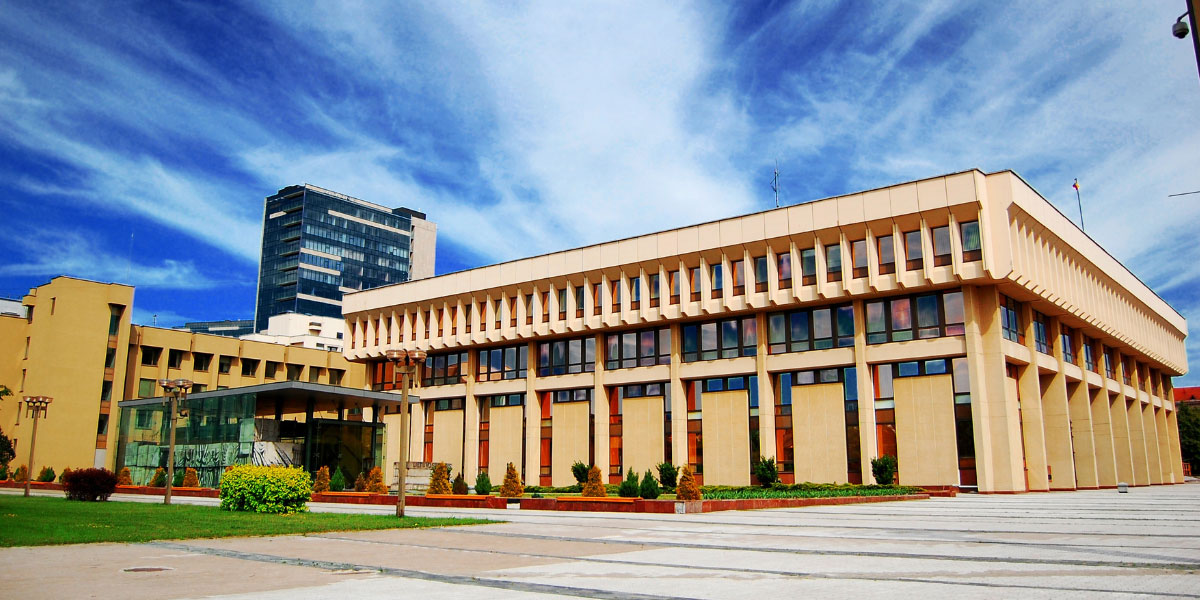The Lithuanian government has introduced new tax proposals focused on economic growth and equality in the tax system on 12 December 2024.
The proposals include tax incentives for investment in advanced production technologies and green energy. Employers who hire older workers will receive tax relief, and young farmers will receive financial support to promote rural development.
To help businesses stay competitive, the government has proposed new incentives for research, technology, and experimental development investments. These incentives aim to support companies that will no longer qualify for investment incentives once the Minimum Taxation Directive (2022/2523) takes effect. While Lithuania has not yet fully adopted the required changes, it plans to align with the directive by 2026.
The proposed personal income tax measures focus on enhancing fairness and supporting families. To achieve greater equity, the government plans to increase the progressivity of income tax, ensuring that higher earners contribute more. Additionally, annual adjustments will be made to raise the non-taxable income threshold, keeping it aligned with the minimum wage. Furthermore, families with children will benefit from lower taxes, reducing their financial burden and providing greater support for dependents.
The government is focusing on improving public finances through measures like better VAT collection, stricter penalties for the shadow economy, and indexed VAT relief for charitable donations. At the EU level, efforts are underway to ensure that corporations pay taxes where they operate, not just where they are registered, and also tackle tax evasion.














